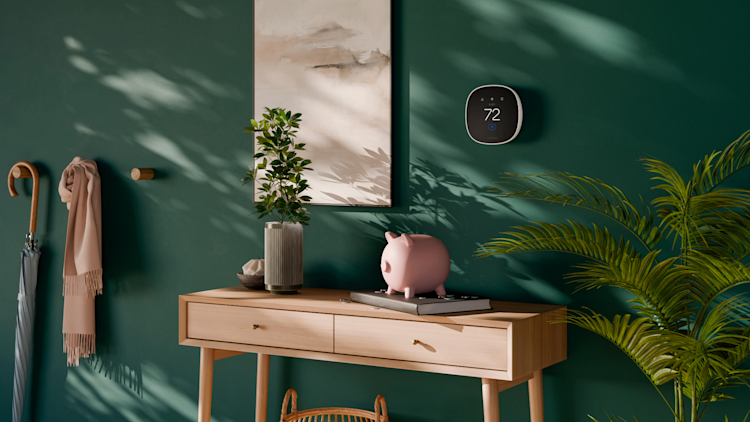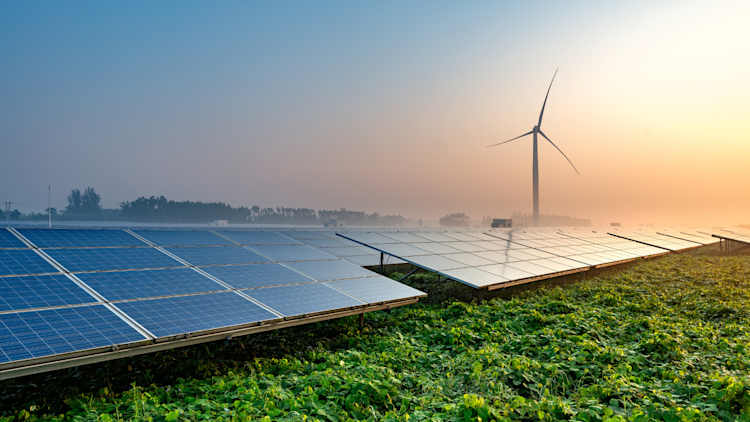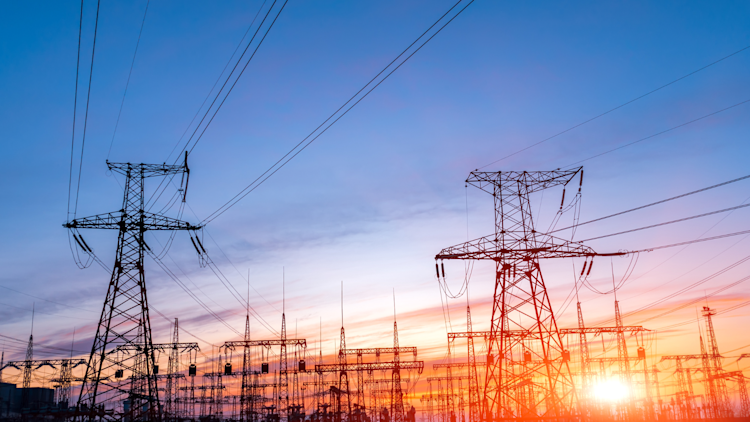How ecobee Helps Scientists and Researchers
The unique dataset from ecobee's Donate Your Data program has been used in several major energy and health studies.
by ecobee on 05/17/2023 in Better Planet
5 min read
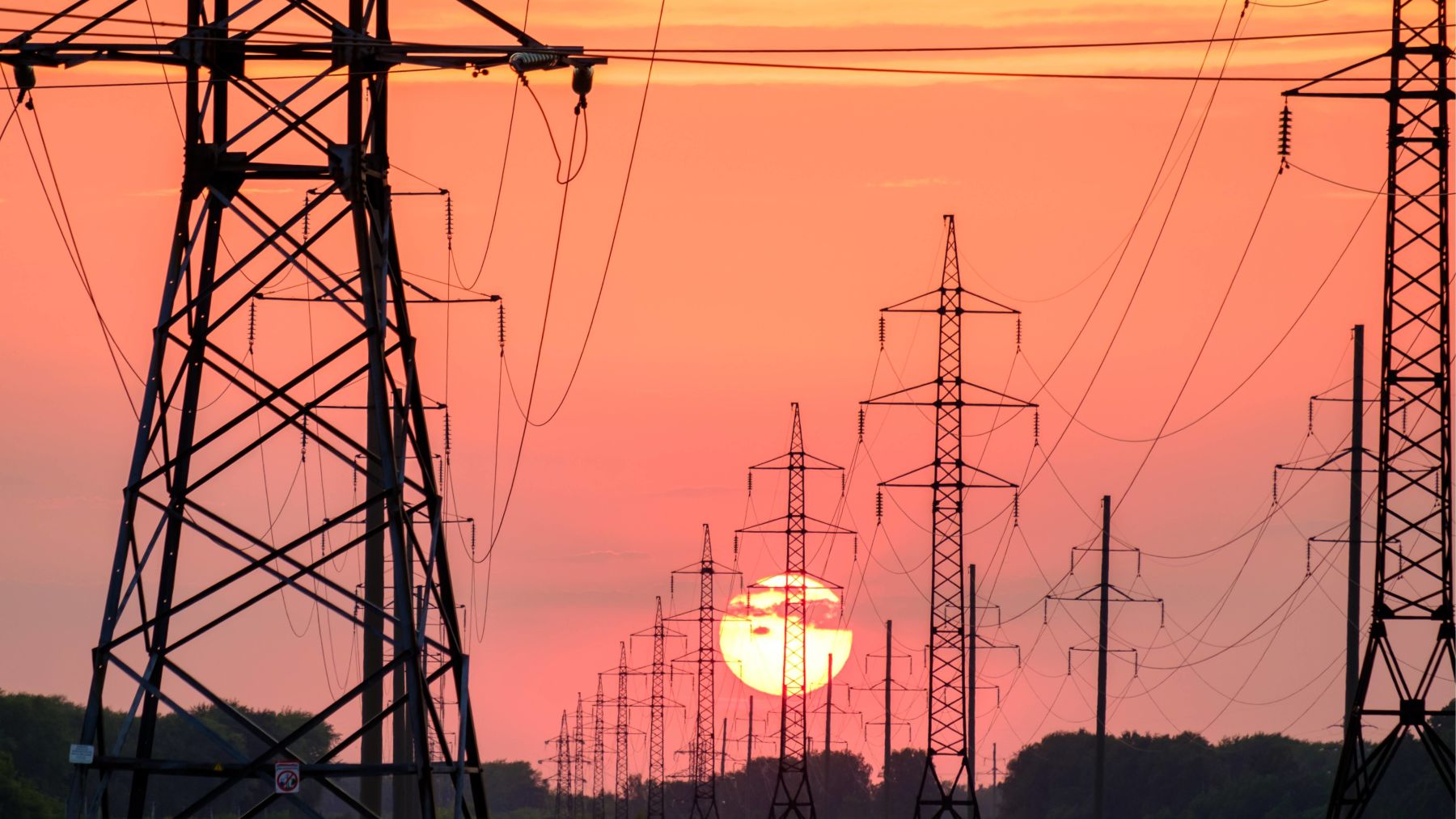
ecobee offers a one-of-a-kind Donate Your Data (DYD) program that invites customers to voluntarily share anonymized data from their thermostats with scientists and researchers all over the world who are answering critical questions related to the clean energy future. Since we launched the program in 2017, over 200,000 ecobee Smart Owners across North America have opted-in to-date, making it the world’s largest home energy efficiency dataset. Comparatively, in the past, studies around energy efficiency have been conducted with data from as few as ten homes, making it difficult to draw conclusions.
ecobee customers share anonymized details such as the size, occupancy, and age of their homes, plus their energy use, indoor and outdoor temperatures, occupant preferences, and HVAC usage. These details combine to provide a unique window into energy home usage, and help top researchers from academic institutions, government bodies, and non-governmental organizations (NGOs) with the real-life data they need to design healthier, more sustainable homes and communities.
Smart Owners consist of all kinds of people, with all kinds of lifestyles and schedules. They live in homes built during different time periods and in different climate regions. That means scientists can use the information in numerous different ways. We are grateful that our customers have helped push for better energy solutions by opting into the program.
We took a look at some of the studies the Donate Your Data information has been used for, as well as other studies being conducted using ecobee products.
A big part of our impetus for starting ecobee was to transform scientific research and make breakthroughs possible.

Tracking power outages, and their impacts, across the United States.
Interrupting the supply of electric power to buildings can lead to significant economic and human costs, even if that interruption is brief. The Department of Energy estimates that outages cost the American economy $150 billion annually. A 2019 study from Lawrence Berkeley National Laboratory used ecobee data to geospatially track power outages caused by hurricanes and other major weather events. The scope of the data provided was used to give emergency services additional visibility into the magnitude of outages, with the intention of helping prioritize aid to the most severely affected communities during periods of extreme weather.
Dr. Tianzhen Hong, also from Lawrence Berkeley National Laboratory, used the dataset to study how long it takes houses and buildings to heat up or cool down during power outages, so that he and his team can help inform building energy codes and avoid health risks for residents. Read more in our interview with Dr. Hong.
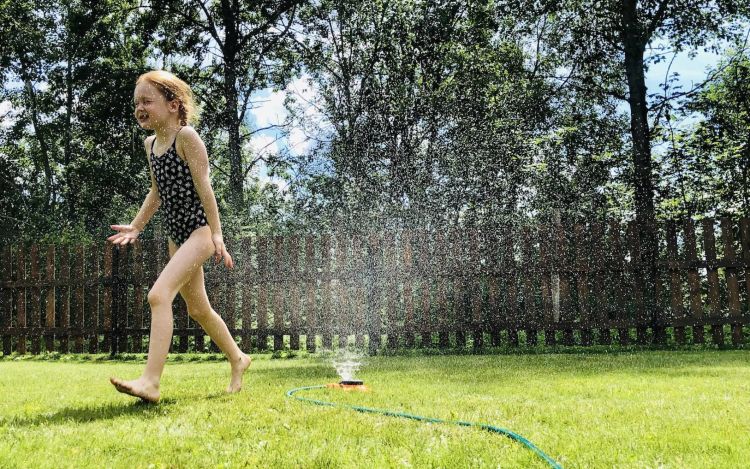
Comparing indoor and outdoor temperatures during heatwaves.
Heatwaves across North America are becoming more intense and lasting longer than ever before due to climate change. That can pose threats to people’s health and well-being. A study being conducted at the University of Waterloo’s Ubiquitous Health Technology lab is using ecobee thermostats to compare indoor and outdoor temperatures. The goal of the study is to help develop robust localized heat warning systems. Those systems are intended to help prevent heat-related illnesses, guide public policy, and inform municipal planning. Learn more about the University of Waterloo study.
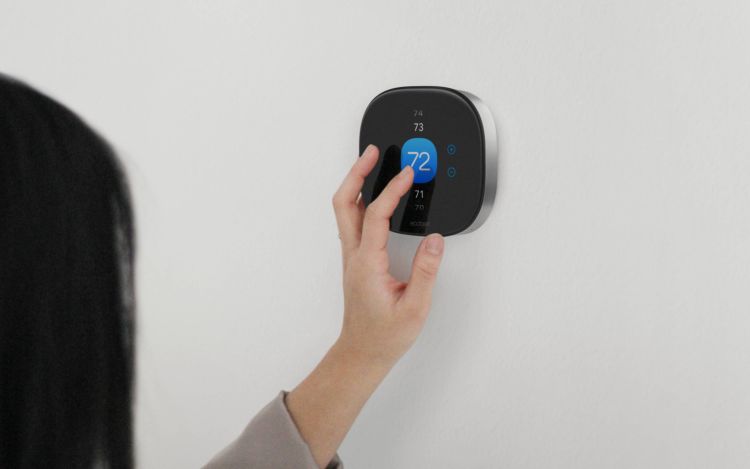
Discovering trends in the heating and cooling habits of North Americans to inform policymaking.
Across North America, heating and cooling costs account for about half of all residential energy use. From the start of the program to today, ecobee's Donate Your Data research dataset has provided insights into residential heating and cooling behaviors that were previously unavailable to scientists and researchers. A joint paper from academic Alan Meier and several of his associates concluded that evaluating the dataset can provide valuable—and actionable—insights into policymaking, including establishing energy use guidelines and simulating the energy use of a building. A better understanding of how folks are heating and cooling their homes could be used to create better use of energy overall.
Abigail Daken, an environmental engineer at the Environmental Protection Agency (EPA), has also used Donate Your Data since it became available to test and improve the ENERGY STAR smart thermostat certification algorithm. Read more in our interview with Abigail Daken.
The DYD program was key to improving the ENERGY STAR algorithm so that we can use it with a wider variety of HVAC equipment to test energy savings.
Learning how we can protect ourselves and others from extreme indoor heat.
Dr. Sarah Henderson, Scientific Director for Environmental Health at the British Columbia Centre for Disease Control, has been using the Donate Your Data research dataset to study how warm indoor temperatures get during heatwaves. Like the aforementioned study at the University of Waterloo, Henderson is looking to evaluate the indoor temperatures in order to develop models that can tell us how hot it might get indoors depending on what's being observed and forecasted outdoors. That allows for the creation of better policies to help people, especially marginalized communities, and predict when they might need that help.
Read our in-depth interview with Dr. Henderson to learn more.
Those are just some of the studies and papers that ecobee has been proud to help with data. Since our formation, we've been committed to the mission of improving everyday life while creating a more sustainable world. By opting into Donate Your Data, our customers help make that goal a reality.
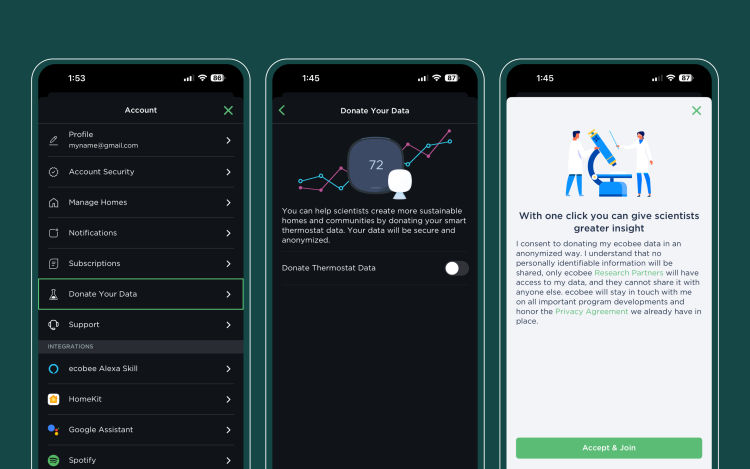
Interested in joining over 200,000 ecobee customers and helping energy researchers create the sustainable homes of tomorrow? Sign up for Donate Your Data in a few short steps:
- Open the ecobee app.
- Tap the Account icon in the top-left corner.
- Select Donate Your Data.
- Toggle on Donate Thermostat Data.
- Learn how your data is anonymized and your privacy protected, then tap Accept & Join.
Did you enjoy this article?
Thanks for letting us know!

